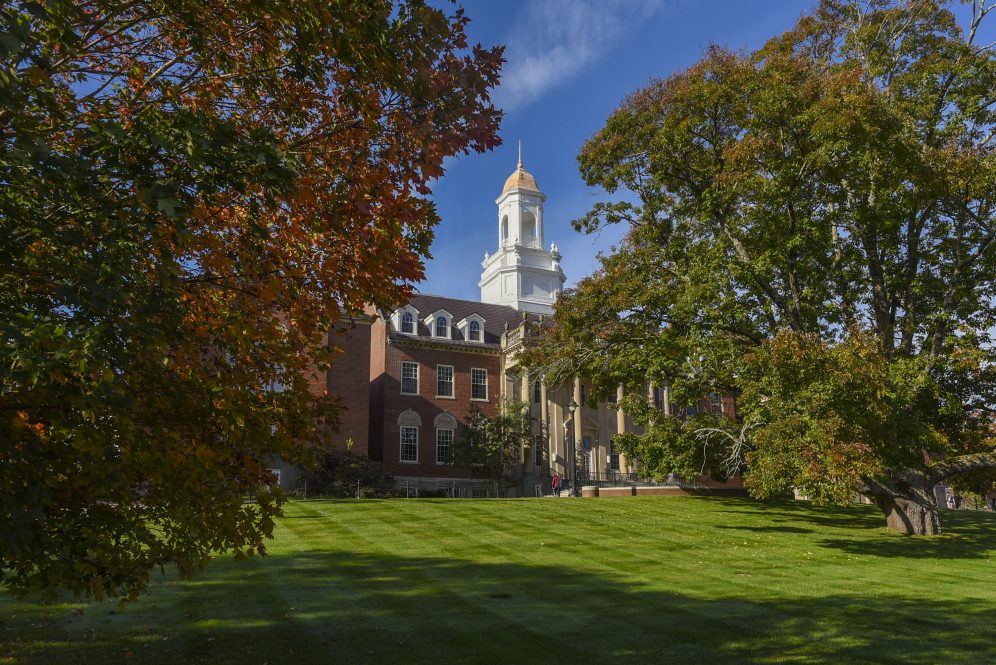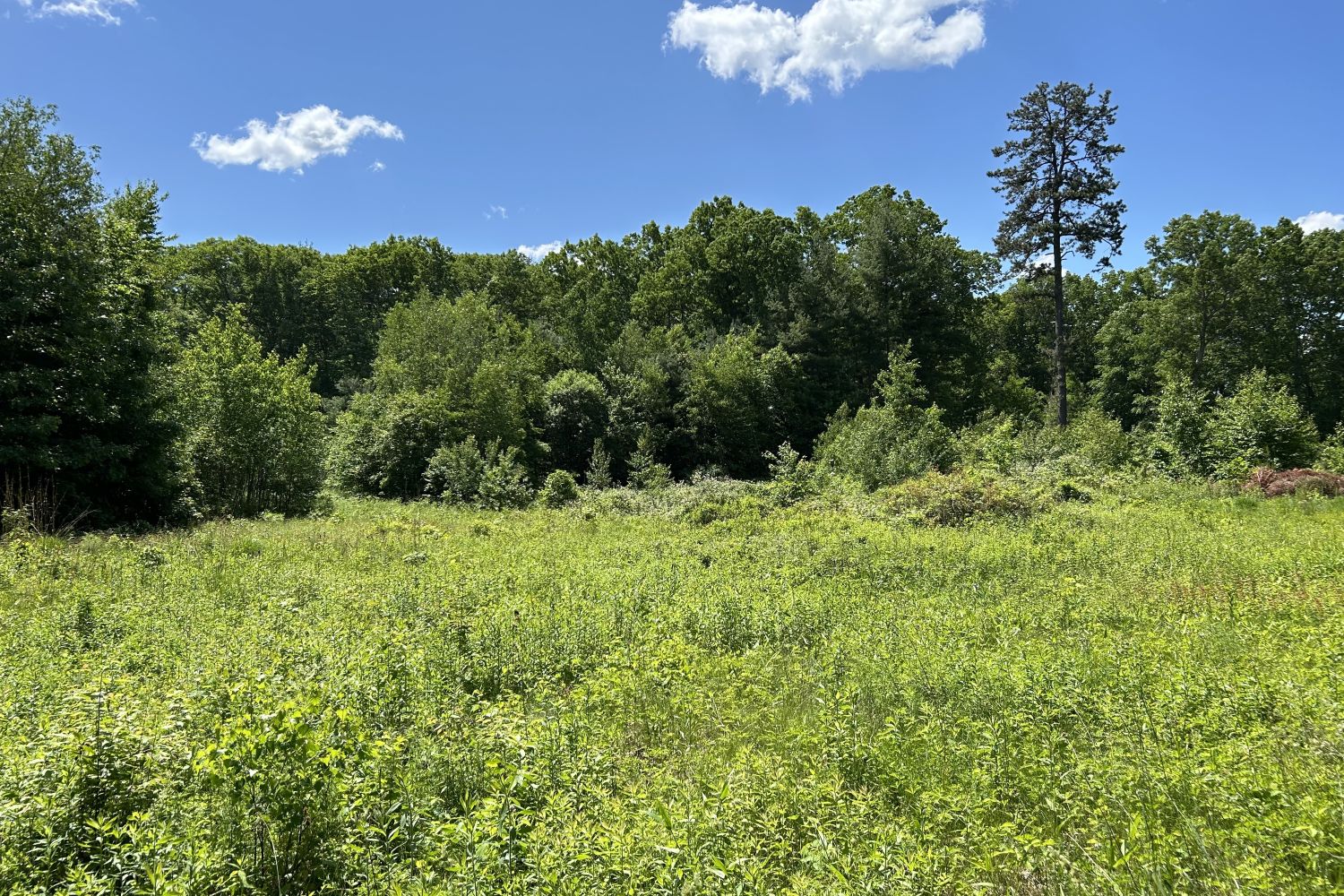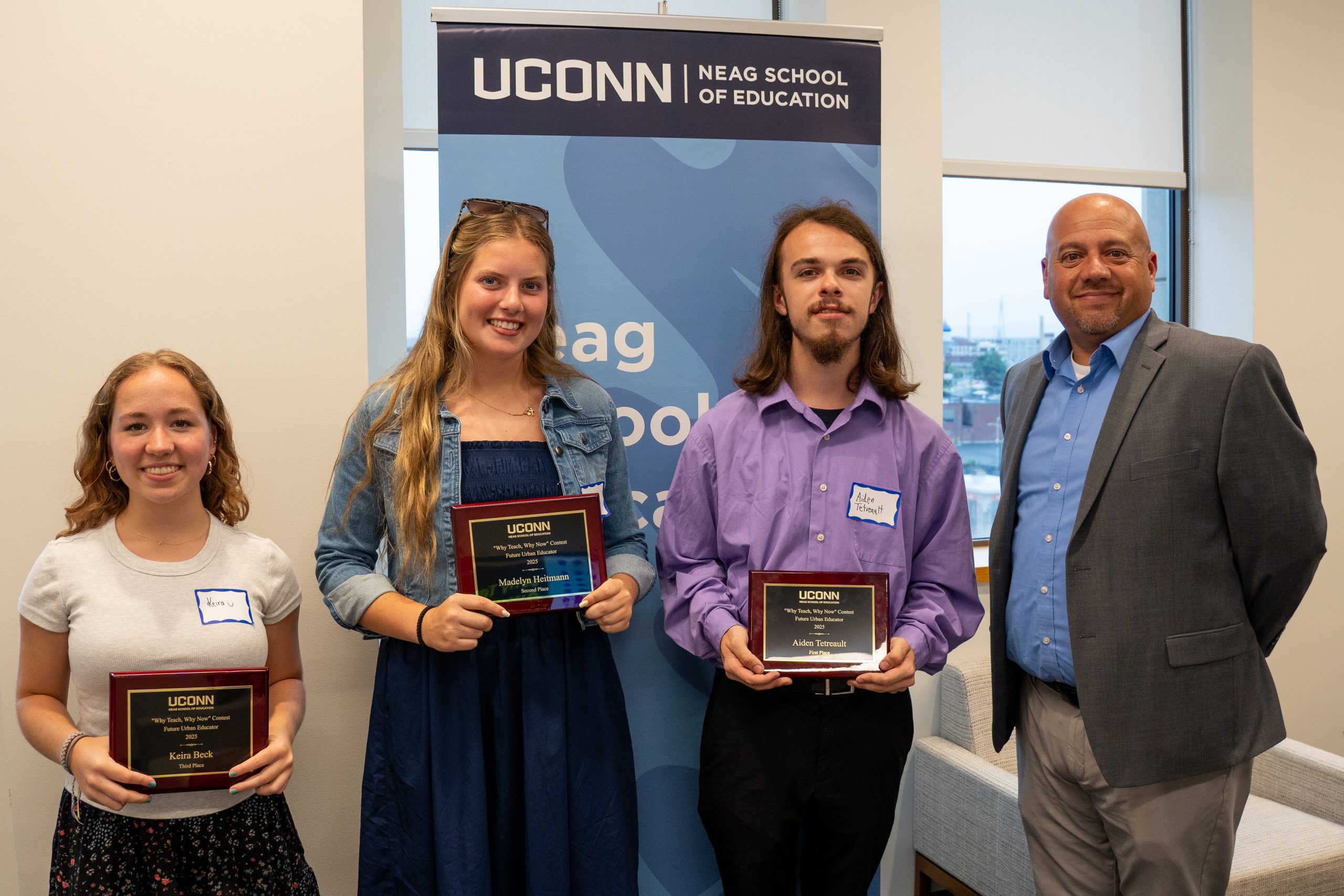More than 200 students across UConn’s campuses are the inaugural inductees into the University’s newly launched chapter of the national honor society recognizing first-generation college students.
The distinction comes as UConn and other colleges and universities today celebrate National First Gen Day, which is observed on Nov. 8 each year to coincide with the signing of the Higher Education Act of 1965. It provides an opportunity for institutions to highlight and honor that unique cohort, and share ideas to help them adjust and thrive.
At UConn, about one-quarter of Storrs undergraduate students report they are the first generation in their family to attend college, as are even higher percentages of undergraduates at the regional campuses in Hartford, Stamford, Waterbury, and Avery Point.
UConn also is seeing results from its outreach to encourage applications from high school students in that cohort: The newest first-year class at Storrs includes 26% who are the first in their families to attend college, with even higher numbers at Waterbury (59%), Stamford (50%), Hartford (44%), and Avery Point (42%).
First-gen UConn students, faculty, staff, and others who support the initiatives will gather today for a recognition reception at the Student Union that includes a keynote address from Dr. Stephen Santa-Ramirez, a professor at the University of Buffalo and fellow first-generation college student.
UConn has more than 30 initiatives in place to provide opportunities and support for first-gen students, and last year received the First-Gen Forward designation from the Washington, D.C.-based Center for First-Generation Student Success.
“UConn’s first-gen students enrich our student body immeasurably through their examples of ambition and perseverance. They remind us that core to the mission of UConn as a public university is ensuring equal opportunity for all and making generational differences in family wellbeing,” says UConn Interim President Dr. Andrew Agwunobi.
“We are honored that first-generation students choose to pursue their educational goals at UConn, and I commend the faculty and staff who work tirelessly to provide our many services and programs to support their success,” he says.
Carl Lejuez, UConn’s provost and executive vice president for academic affairs, says the keynote event at today’s gathering will include discussions to evaluate structural issues that undermine success for first-generation students.
“I am a proud first-generation student, and I personally know the difference it can make to have targeted support for this population of students. I am thrilled to see the increased attention on first-generation students nationally, and especially at UConn,” he says.
One such source of support is UConn’s new Gamma Delta chapter of Alpha Alpha Alpha (Tri-Alpha), the first Connecticut chapter of the national organization headquartered at Moravian College in Bethlehem, Pa.
The honor society recognizes undergraduate students who have achieved an overall undergraduate GPA of at least 3.2 on a 4.0 scale or a “high pass” at universities that use a pass/fail system. To qualify, the students must come from families in which neither of their parents, stepparents, or legal guardians completed a bachelor’s degree.
The charter was granted thanks to the efforts of the First-Gen Student Group on campus and its adviser, Leo Lachut ’89 (CLAS), who was also a first-gen student.
“Even in the midst of a global pandemic, UConn’s first-gen students were persisting and we though having the honor society would be a great way to recognize their success,” he says.
“It will also create an additional community to provide a network of support and new opportunities for the students,” adds Lachut, UConn’s assistant director of first-year programs and learning communities, and director of academic support at the John W. Rowe Center for Undergraduate Education.
In addition to the 200-plus students inducted, the chapter also inducted honorary members and first-gen graduates Tadarrayl Starke, UConn associate vice provost for student success; and Stacy Maddern, assistant professor in residence in urban and community studies.
UConn has integrated formal and informal services toward first-generation students across campus offices, led by the First-Year Programs / Learning Communities (FYP&LC) office and the Institute for Student Success.
The services include many behind-the-scenes collaborations with other UConn offices to help the students with issues such as academic advising, understanding financial aid, finding appropriate work-study opportunities, networking, and career preparation.
The University also works closely with the students to help them navigate complex areas of college life and build community with each other, including a reception on move-in day for them and their families and a FAFSA party to help them complete the Free Application for Federal Student Aid.
More than 300 first-generation faculty and staff have also formed a group which meets regularly to craft outreach and new initiatives, and who serve as mentors and examples to first-generation students.



